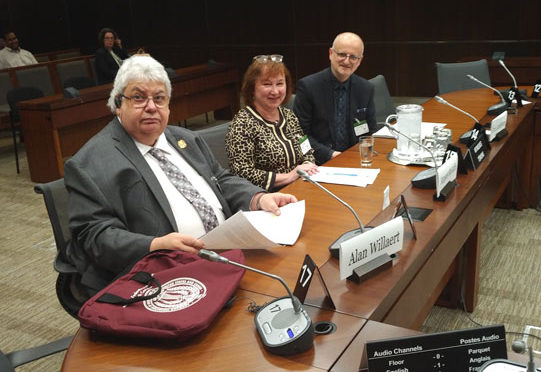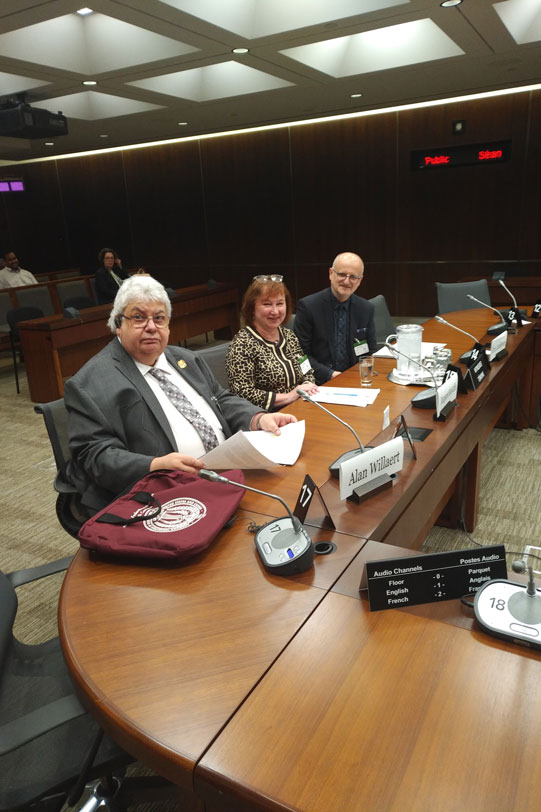As part of the new $3.5 trillion budget plan, labor groups are pushing lawmakers to include a provision that would allow workers to deduct the cost of union dues from their taxable income. Such a tax break could reduce the cost of union membership and encourage more workers to join unions.
One union source says organized labor groups have urged Democrats to make the tax benefit an “above the line” deduction with the IRS. That means workers would be able to take advantage of it regardless of whether they itemize their tax deductions or take the standard deduction.
Lawmakers are also considering the possibility of creating a tax credit for union dues, which, unlike a deduction, would reduce a filer’s tax liability dollar for dollar. Democrats view the bill as possibly their final chance to enact major changes for years and are considering a wide range of policies. They’ve offered only a broad outline of major elements of the bill, including “pro-worker incentives and worker support.” If such a break came to fruition, the policy would improve on a tax deduction that union members had until Republicans killed it in 2017.
In the past, workers had been able to deduct union dues, but only if they had enough other eligible deductions to file an itemized tax return. And even then, the eligible expenses had to amount to more than 2% of the tax filer’s adjusted gross income. Republicans eliminated the break on union dues when they did away with an entire category of miscellaneous deductions. It was one of several changes Republicans made in their effort to simplify the individual tax code as part of the Tax Cuts and Jobs Act, which slashed corporate taxes.
The most important simplification for individuals was a much bigger standard deduction that has resulted in far fewer households filing itemized returns. That’s one reason Democrats are considering union dues as an “above the line” deduction, which allows taxpayers to subtract certain things—such as up to $250 for teachers’ classroom expenses—above the line on tax form 1040 where filers report their adjusted gross income.




